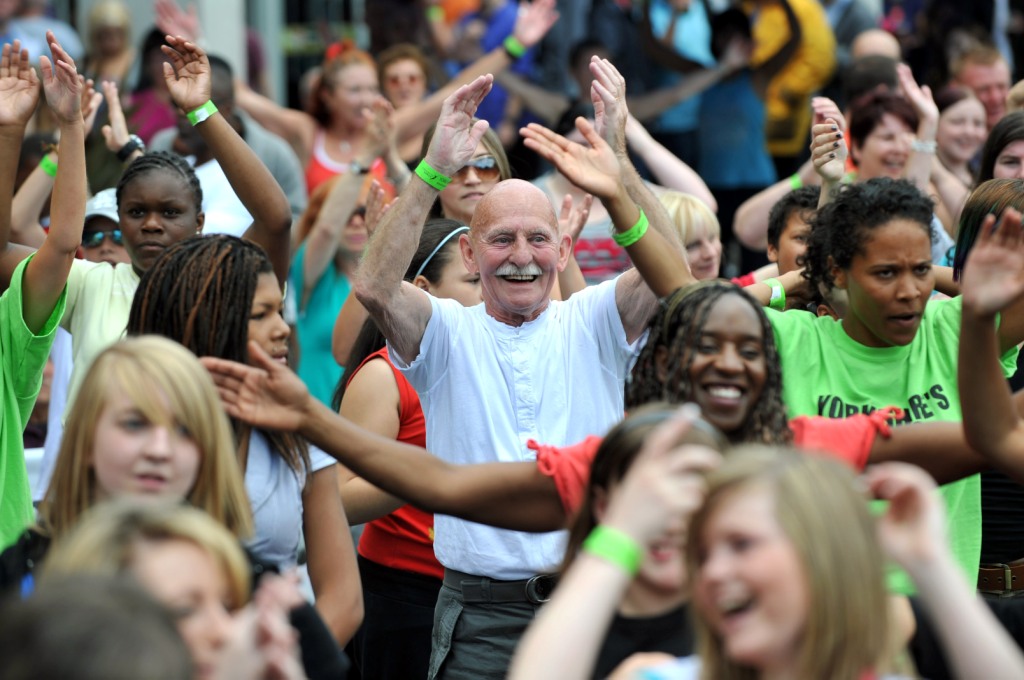
Step Up Bradford 2009
Arts impact cannot be proven, say researchers
ACE pledges new funding for research as review reveals the woeful lack of robust evidence underpinning claims for the instrumental impact of the arts.
Research into the wider societal impacts of the arts and culture has failed to establish a causal link between the two, according to a new report by Arts Council England.
Only 90 out of more than 500 recent studies in this area have been sufficiently rigorous for valid conclusions to be drawn.
The inadequate research methodologies often used and the absence of a theoretical framework setting out ways in which it is believed that arts and culture create added societal value are undermining measurement of the impact of arts programmes.
The report, ‘The Value of Arts and Culture to People and Society’, is based on a review of research studies published in the English language between 2010 and 2013, examining the economic, social, health and wellbeing, education, lifelong learning, and environmental impacts and outcomes of arts and culture in England.
Researchers found that weaknesses in the current evidence base limited the extent to which they were able to identify and analyse effective arts interventions, and “larger sample sizes, longitudinal studies and experimental methods” are all seen as being vital to developing the knowledge base in this area. The focus of the review was on studies that present evidence, rather than discursive material, but having removed policy and strategy documents, sector and public consultations, think pieces and critical commentary from their analysis, researchers found significant gaps in evidence.
They identified “little research that quantifies the savings to the public purse that are achieved through preventative arts and culture interventions, or other contributions to public services”. And no quality evidence was found to link the arts with international development, environment and sustainability, or science and technology, so these areas had to be dropped from the study.
Research relating to equality and diversity confirms that those who are most actively involved with ACE-supported arts and culture tend to be from the most privileged parts of society, and that engagement is heavily influenced by levels of education, socio-economic background, and where people live.
But the review did not find any further evidence to help better understand these disparities and ACE will now “look specifically at arts and cultural policy and whether this creates unintended consequences for people with any of the protected characteristics”.
ACE has described the review as “a catalyst for our thinking as we pursue new research to help develop a programme which paves the way in making a strong case for arts and culture” and is planning to do this through “greater collaboration; increased credibility; and disseminating information”.
Partnerships with specialist higher education cultural policy research units are being seen as a key part of this, and a research grants programme will be launched in autumn 2014 to which arts and cultural organisations, higher education institutions, consultants, think tanks, foundations and trusts will be invited to submit research proposals that will improve the evidence base.
Join the Discussion
You must be logged in to post a comment.